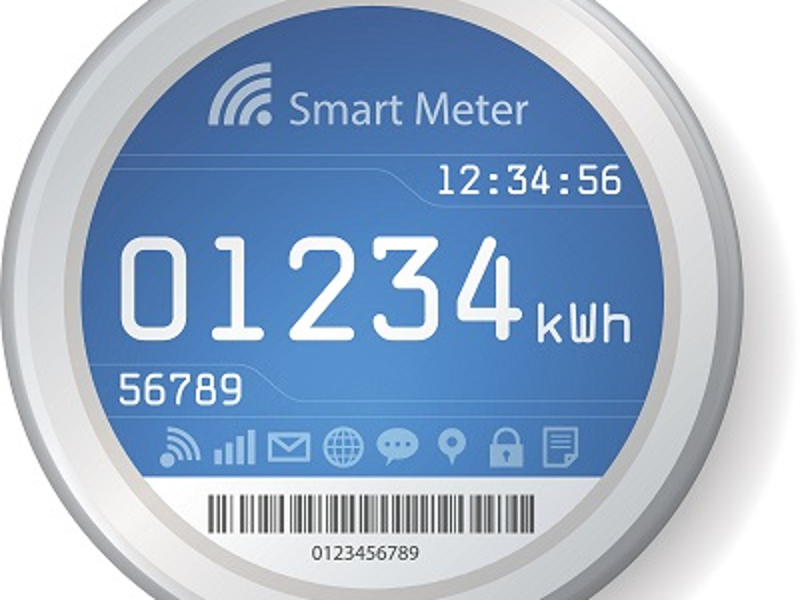
The rollout is reported to see 200,000 new smart meters installed annually. The suppliers are the Israeli technology companies Afcon and Tadal.
The rollout is due to start in the cities of Rishon LeZion, Herzliya, Petah Tikva, Hadera and Ashdod in the vicinity of Tel Aviv.
The new meters are expected to open the way for a growing number of private suppliers to compete in the sector, with the offer of new services and variable daily and seasonal tariffs.
“This is IEC’s most significant project for the coming years,” Moshe Cohen, acting VP of Network Services at the company, was quoted as saying.
“It will put Israel on a par with the most advanced countries in the world, and in the future will provide the company’s customers with information in real time and with tools to manage power usage intelligently and correctly, for homes and businesses.”
Israel Electric Corporation ran a smart meter pilot back in 2017 with installations in neighbourhoods in Netanya, Jerusalem and Beersheva.
Since November 2021, Israel Electric Corporation also has installed smart meters when connecting new builds to the grid.
Israel Electric Corporation is state owned with approximately 2.9 million customers. Under the reform agreement, the company is barred initially from competing terms with the new suppliers.
The latest rules from the Israel Electricity Authority, which were published in February include the requirement for electricity companies to install smart meters when requested by consumers for any reason, as well as proactive ordering by consumers of smart meters to replace the basic meters installed in their homes.
The smart meter programme installations are free, but individual requests will be subject to a one-time fee of about NIS220 (US$68).